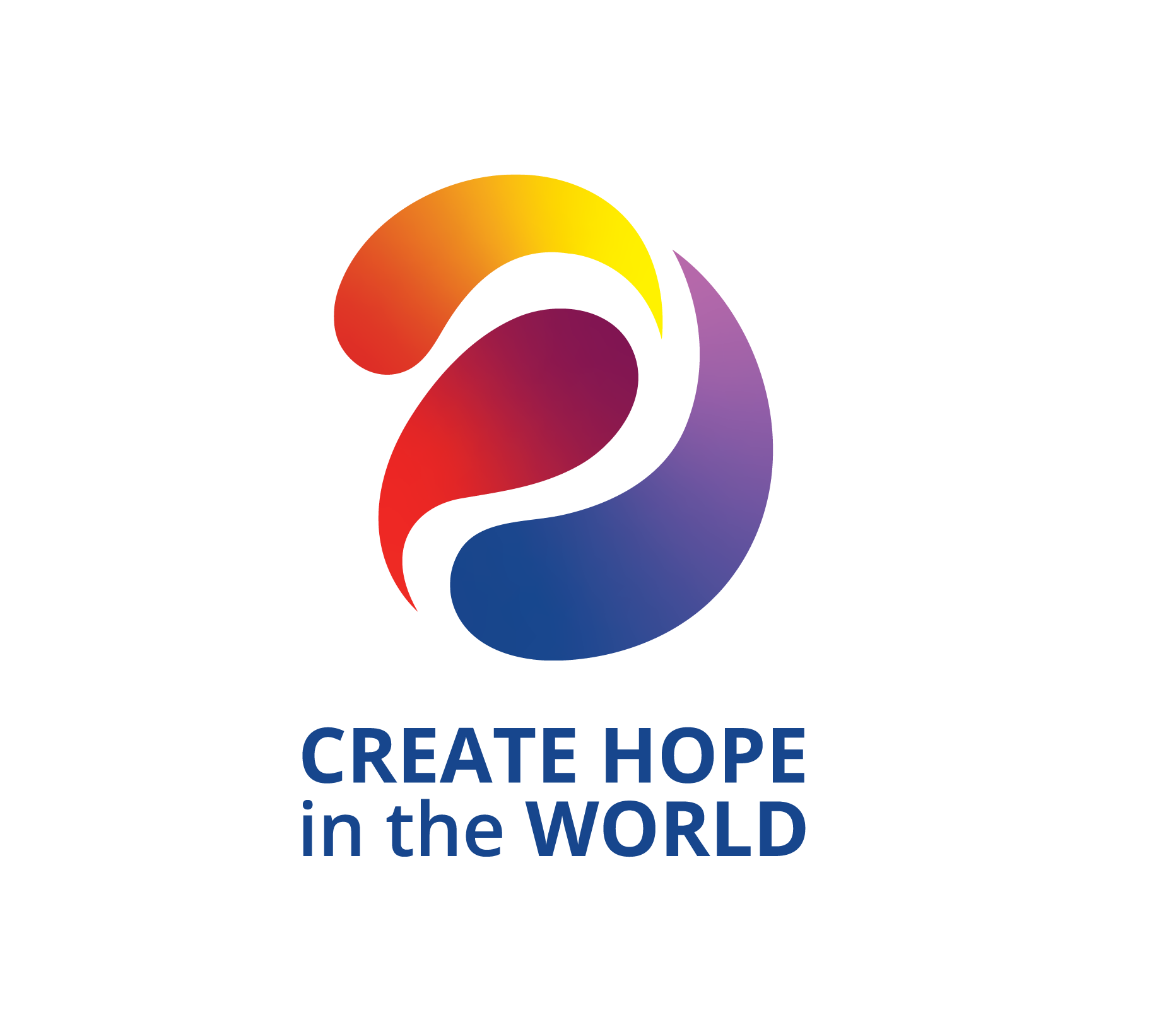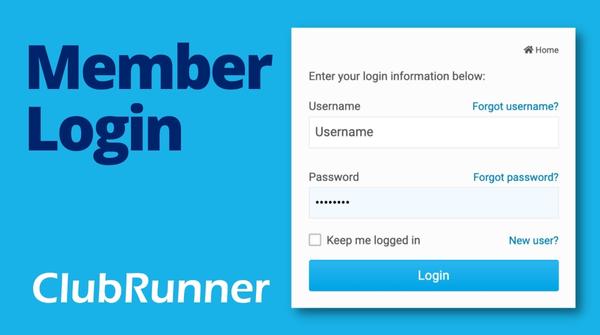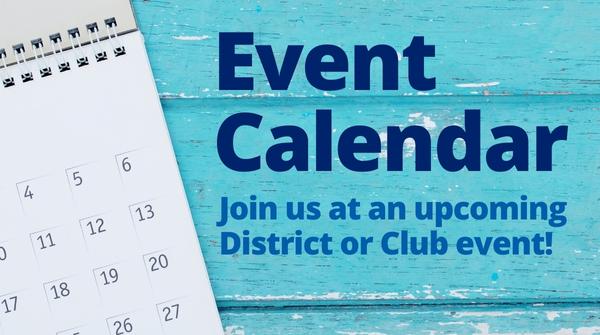International Service

Together, We Connect
Interested in International Service but don't know where to start? The District 6250 International Service Committee (ISC) exists to help you find your way. Contact any current ISC member for more information. Our goal is for Clubs and Rotarians to have fun engaging in International Service and meeting Rotarians from around the world. Current ISC Members include:
Chuck Hanson, CEH@haleskemp.com
Gary Tree, gary@abcmadison.com
Mark Broses, mbroses@sehinc.com
Edwin Bos, edwin@bosdesignbuilders.com
Drop us a line, we'd be happy to meet with you to discuss what you and your club want to do!
Below are some photos of how Clubs in District 6250 have worked internationally and, over the years, grown relationships with Rotarians in other parts of the world.
Following the photos details concerning the District ISC committee, how it operates and how it is trying to help Clubs get involved in one of the most rewarding aspects of Rotary.
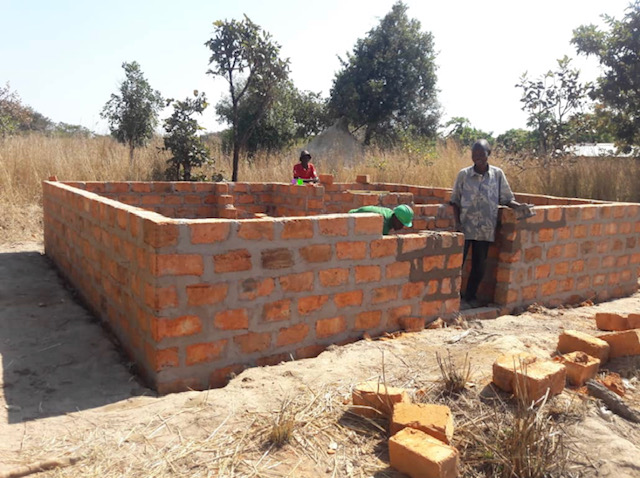
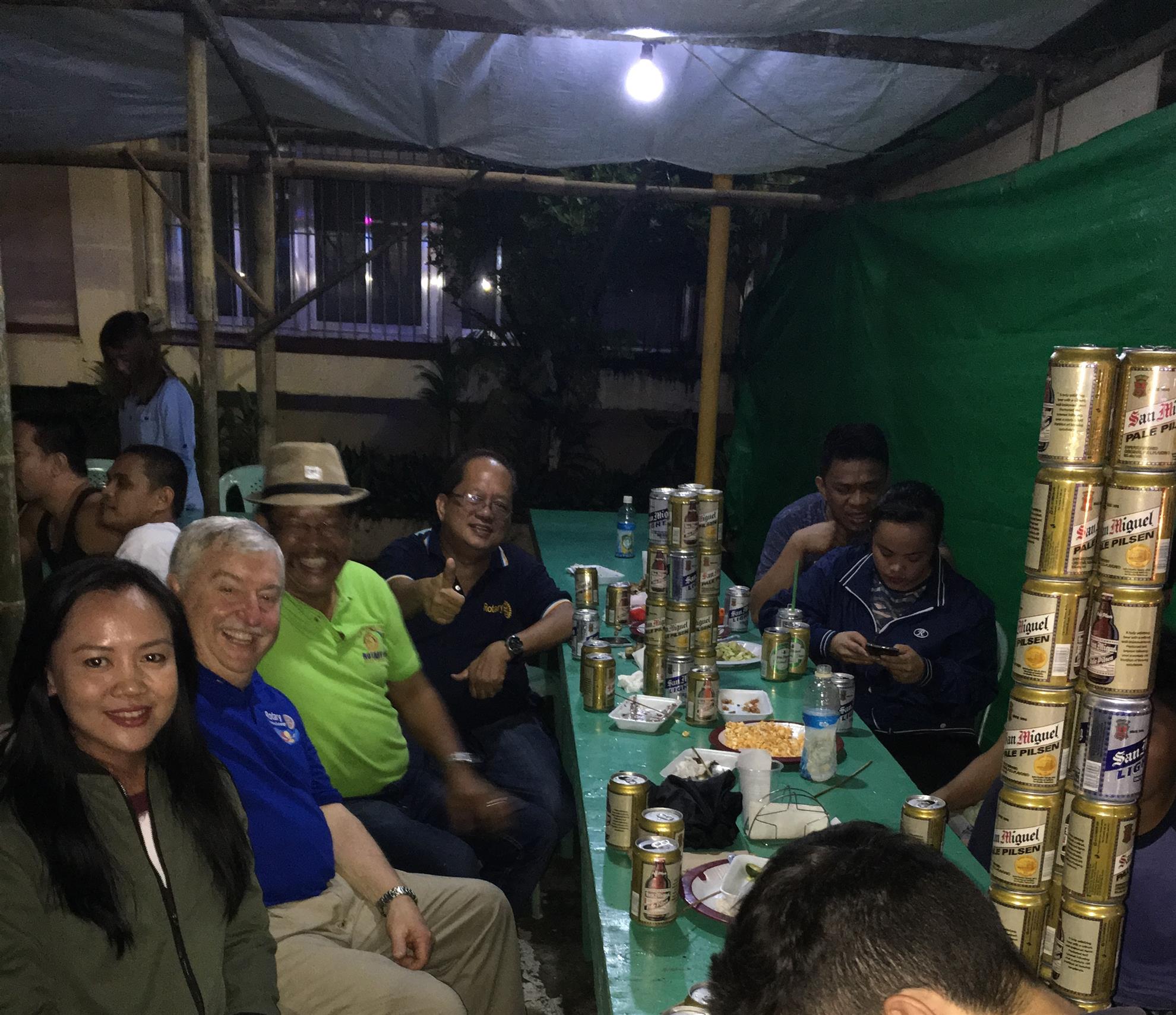

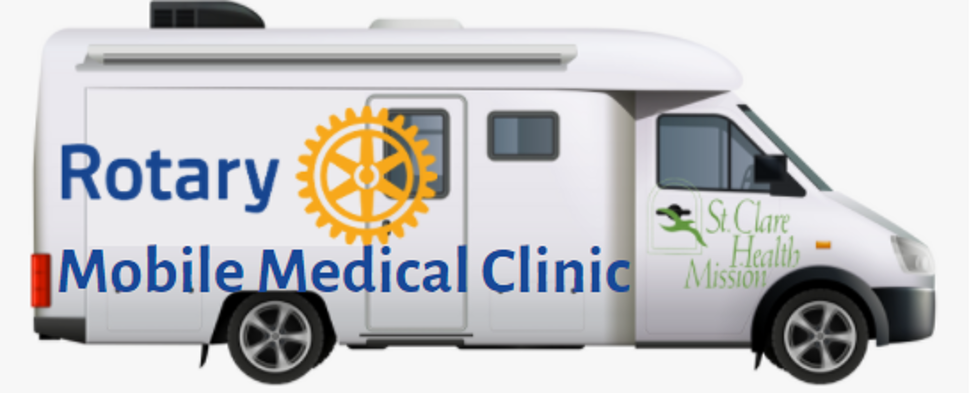
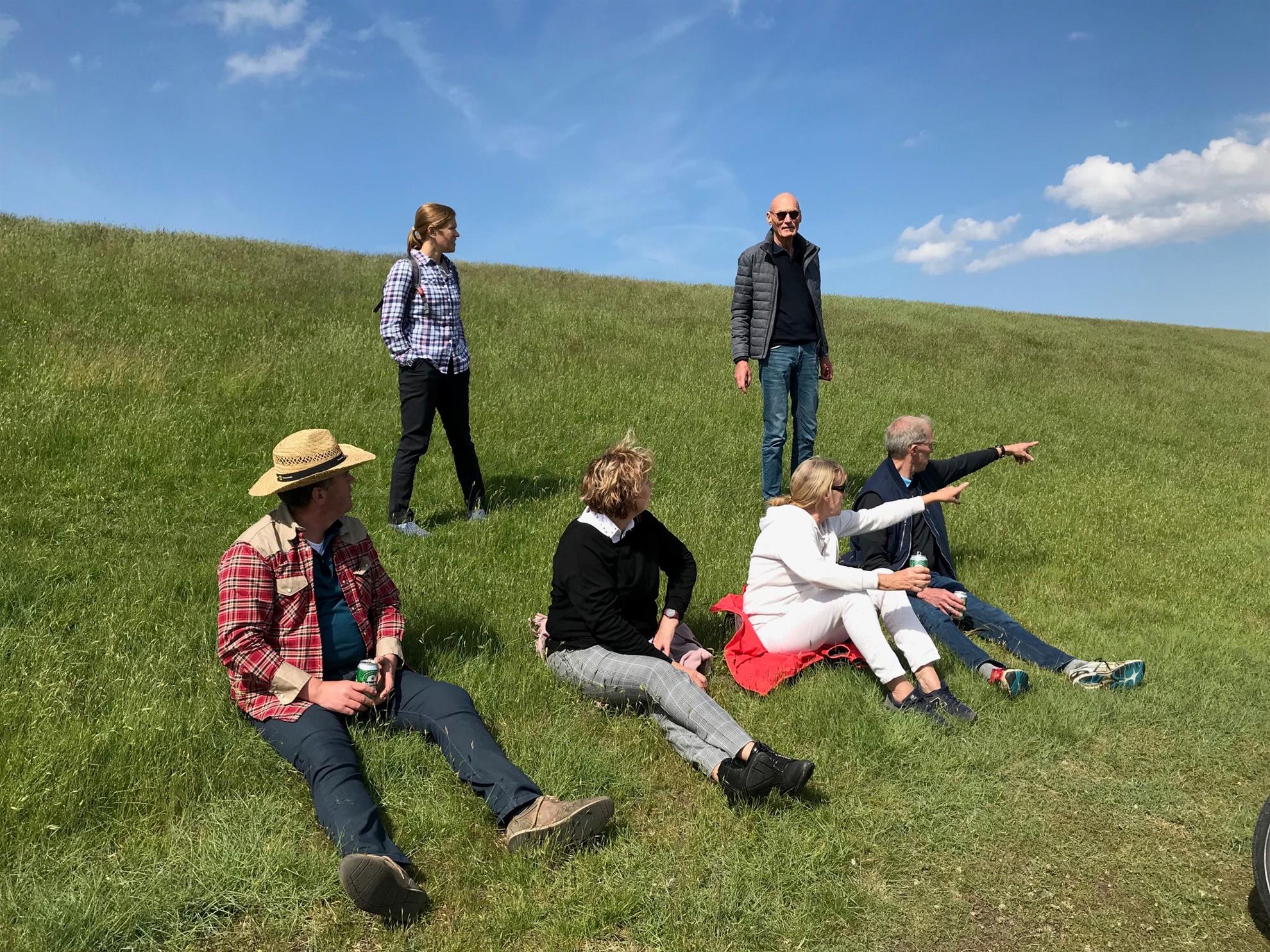
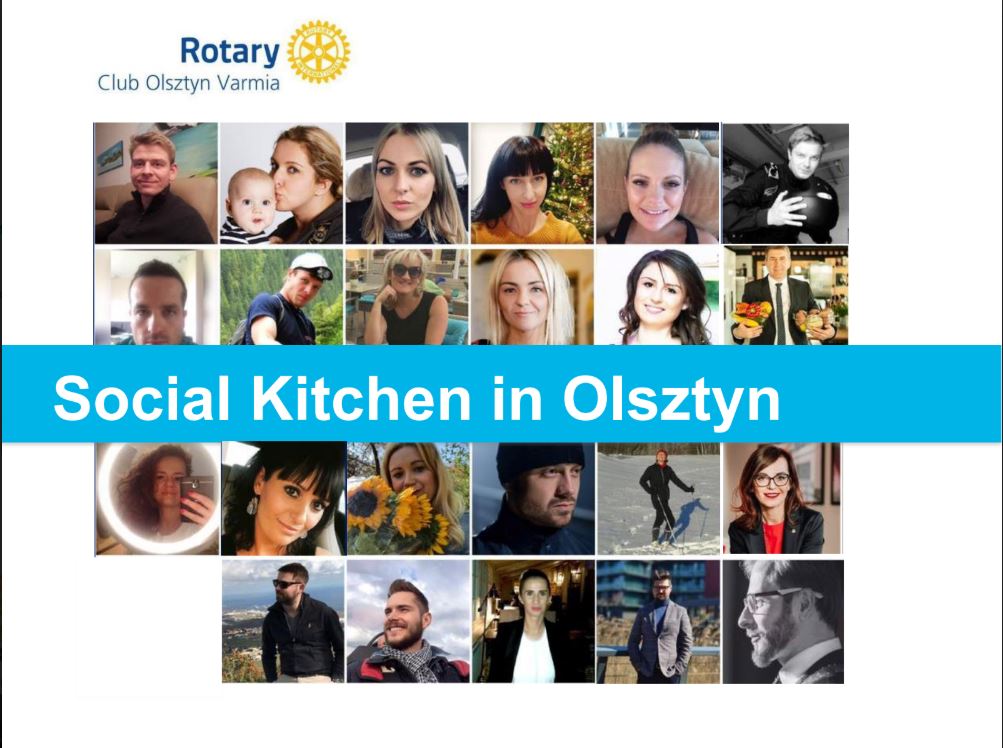
District 6250 International Service Committee (ISC)
(Per RI policy (09/20) and the District Leadership Plan)
- Purpose: The ISC supports clubs with their international service projects and helps enhance the quality of the district’s humanitarian efforts by identifying resources and experts (primarily when District 6250 is the Host Sponsor) to advise on international service projects and global grants. Most importantly, the District 6250 ISC strives to increase the engagement of District Clubs, AG Groups and Individual Rotarians in Global Grants and international service projects in an effort to increase Membership, Foundation Giving and the Public Image.
- Additional Qualifications of Members: Preference should be given to members who are past district governors, past regional Rotary Foundation coordinators, past assistant regional Rotary Foundation coordinators, and those with experience with international service projects.
- Duties and Responsibilities:
- Promoting greater awareness of resources and strategies for project planning, implementation, identifying key local subject matter experts, and establishing direct lines of communication and accountability for all types of international service, with a special emphasis on improving global grant applications and the development of partnerships between international Rotary clubs and districts. The District 6250 ISC recognizes that the resources and strategies for project planning, implementation and identifying key local subject matter experts exist world-wide and, whenever possible, Global Grants are best served if these can be identified by the Host Sponsor.
- Confer and cooperate with other leaders from across the district including but not limited to the district Rotary Foundation, grants subcommittee, community service, vocational service and alumni committees, to identify and promote resources for improved projects and grants.
- Collaborate with district Rotaract representatives, Rotary Action Groups, the Rotary Foundation Cadre of Technical Advisers, and other experts interested in assisting with project and global grant applications.
- It IS NOT the duty or responsibility of the ISC to be directly involved in the hands-on implementation of or fundraising for Global Grants. Rather District ISC members provide Mentorship and Guidance only. The level of Mentorship and Guidance required will vary depending on Host Club experience and capabilities.
- Identify potential Global Grants that have a strong Host Sponsor, where the Host Sponsor is capable of writing the GG application, where the Host Sponsor either has a significant financial involvement or, failing that, is providing strong and sustained local support in the form of Grant writing and Project Management.
- Encourage Clubs and AG groups to tackle Global Grants at a financial scale that works for them. To encourage Ownership (and when possible) identify Global Grants in a country or region chosen by the club or AG group.
- Encourage Clubs and AG Groups to leverage existing Club and District relationships. Encourage connections/relationships beyond the Global Grant including Friendship Exchanges, follow-up Global Grants, Zoom meetings, etc..
- Maintain a Database that lists International Districts that District 6250 has done Global Grants with, has done a Friendship Exchange with or has other direction connections with. Database to list a District 6250 Rotarian that maintains a relationship with that International District.
- Maintain a Database that lists District 6250 Rotarians with connections overseas, those from other countries and/or those that have dual citizenship or speak languages other than English.
- Appointment of Chair: To be effective, international service committee chair must have continuity of leadership and success planning. The district’s governor-elect, in consultation with the immediate past district governor and district governor-nominee, is encouraged to appoint a past district governor, past regional Rotary Foundation coordinator, or a past assistant regional Rotary Foundation coordinator to chair this committee, to serve a term of three years without reappointment limits.
- ISC Yearly Timeline:
- Note: This timeline will not apply to every Global Grant, however, it is a way to think long-term about the potential Global Grant projects that Clubs, AG Groups and Individual Rotarians want to get involved in.
- Fall: Identify clubs, AG Groups or Individuals not currently involved in a Global Grant project but who are interested in pursuing a Global Grant in the following Rotary year. ISC to ascertain preferred area of focus, countries and dollar volume if possible. ISC to not simply ask but also encourage (push) involvement.
- Winter: DGE attends International Assembly and meets with potential partners DGE’s. ISC to set-up some DGE meetings in advance using the DGE Directory that each DGE receives and targeting countries and projects per the information it has received in the Fall. DGE also independently searches out good projects, international districts and new relationships that could benefit the District.
- Spring or ASAP: District Foundation Committee provides the ISC with the amount of DDF available for Global Grant projects in the coming year.
- Spring: ISC develops potential GG’s and, as soon as possible, gets potential clubs, AG Groups and individual Rotarians involved. ISC assigns a Mentor who will provide assistance and guidance dependent on Club, AG Group or individual Rotarian capability.
- PETS: During PETS ISC to further introduce or intensify connections between International Rotarians and Clubs, AG Groups and Individual 6250 Rotarians interested in pursuing projects.
- July 1: Intense project planning, application writing etc. has either been started by the Host Sponsor or should start shortly in an effort to complete the Global Grant by the end of the Rotary Year
- Global Grant Process Once Potential GG is Identified (when District 6250 is involved as the International Sponsor):
- Establish preliminary project funding model based on Host Sponsor input. Check if “good” Host Sponsor financial involvement and/or “good” Host Sponsor project involvement in terms of grant writing and project management. If none STOP.
- Check with District 6250 Foundation Committee that sufficient DDF is, in principle, available for the project. If not STOP or revamp project funding model.
- Identify Club, AG Group or Individual interested in spearheading the Global Grant with an assigned ISC mentor. If none STOP.
- Host Sponsor writes the GG application to the best of their ability. Ideally, Host Sponsor can independently write the entire application. This may vary on a case by case basis, but District 6250 Rotarians should never “take over” the grant writing function and/or insert Non-Host Sponsor bias into an application.
- Once GG application has been written review with TRF staff to tease out weaknesses and missing information. Simultaneously District 6250 Foundation Committee reviews application for DDF contribution.
- Update application based on this new information.
- Submit application for approval to TRF.
- Example
.png)













